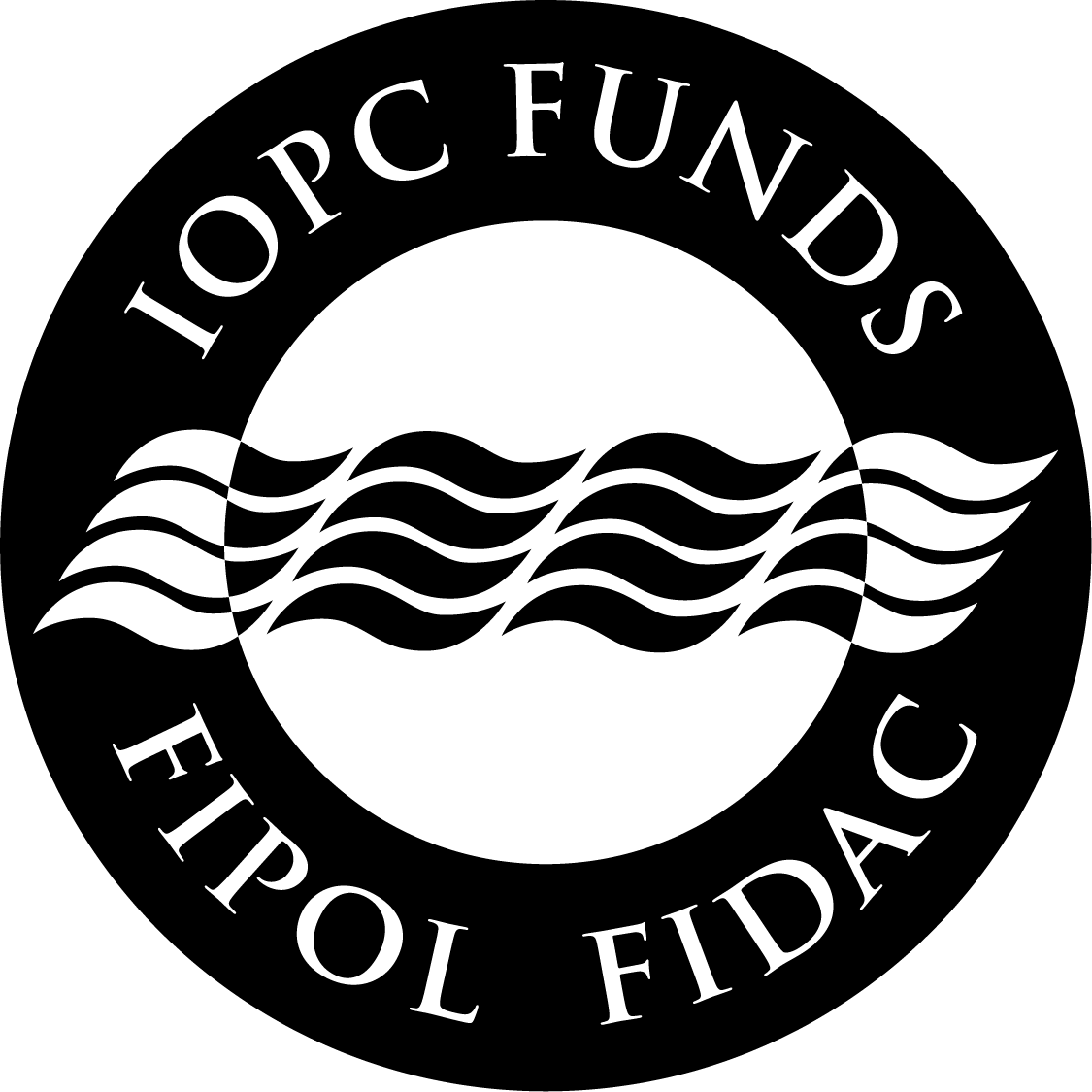The Belgian proposal to revise FAL Form 7 to include HNS
Posted: 30/04/2014
By: Thomas Liebert
Dear Correspondence Group Members,
The aim of this post is to indicate how the revision of the FAL Convention could support the entry into force of the HNS Convention 2010. I also want topropose minor amendments to the FAL Convention in FAL Form 7 Dangerous Goods Manifest. I hope there is still time and space to consider this issue in the Correspondence Group.
The HNS Convention 2010 has yet to come into force. One issue is the reporting of the receipts of HNS goods to calculate contributions to the HNS fund. The challenge is two-fold. Firstly, we need to avoid as much as possible additional administrative burdens and costs for the reporting persons and authorities. Secondly, the authority needs a reliable method for the control of the reporting, since the HNS conventions establishes possible financial responsibility of the States, in case lack of control results in financial losses for the fund.
The use of data from existing reporting mechanisms could serve these purposes, particularly where they are available in electronic formats.
The FAL reporting already includes a number of data on the receipt of HNS goods in ports (forms 2 IMO Cargo Declaration and 7 Dangerous Goods Manifest). However some data that the HNS Convention reporting requires are missing in FAL form 7 Dangerous Goods Manifest. It would need to be complemented with the name of the physical receiver in the port or terminal and, if applicable, with the LNG Title Holder. In form 7 also needs to specify clearly if the goods are transported in bulk or in packaged form. Other data in form 7 like the Proper Shipping Name and UN number are already in use for the HNS convention.
We are aware that the FAL information is provided by the shipowners and not the HNS receivers, and that those data would require revision by the receivers and need to be complemented with data about trans-shipment , LNG title holders or the principal receiver.
We are also aware that the FAL Convention serves another purpose and that the addition of the data that States can require from shipowners during the transport of goods is a delicate matter. However, this could be justified because the additional information is limited, already available to the shipowners and will help implement another important IMO instrument.
I look forward to read your views on this issue.
Best regards,
Johan Van Steen
Senior Policy Adviser
Federal Public Service Mobility and Transport
Maritime Transport
Vooruitgangstraat 56, 1210 Brussel, Belgium
+32(0)2 277 35 92 (Tel)
+32(0)474 98 37 71 (Mobile)
+32(0)2 277 40 51 (Fax)
